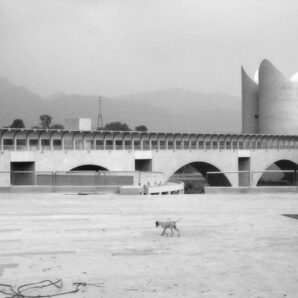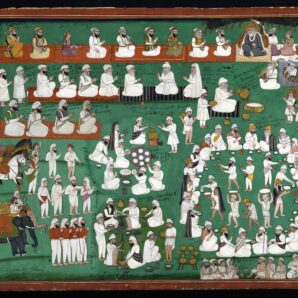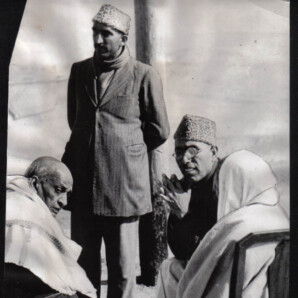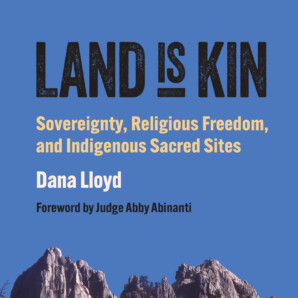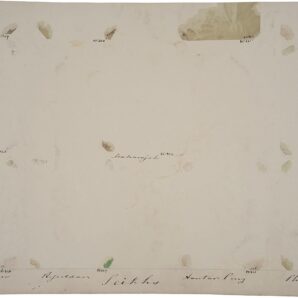
Of Hostility and Irrelevance
Series: Symposium on Prophetic Maharaja
Why do we always need more voices, traces, and archives? What does such inclusion, connection, and assimilation promise?
Read More →
Why do we always need more voices, traces, and archives? What does such inclusion, connection, and assimilation promise?
Read More →
